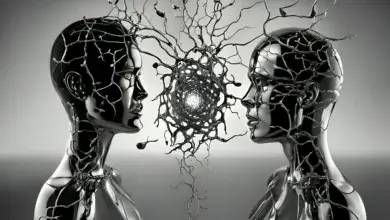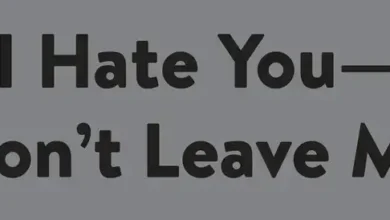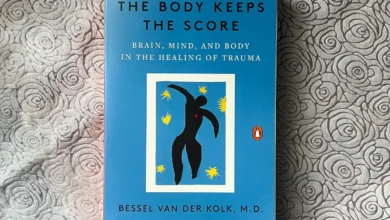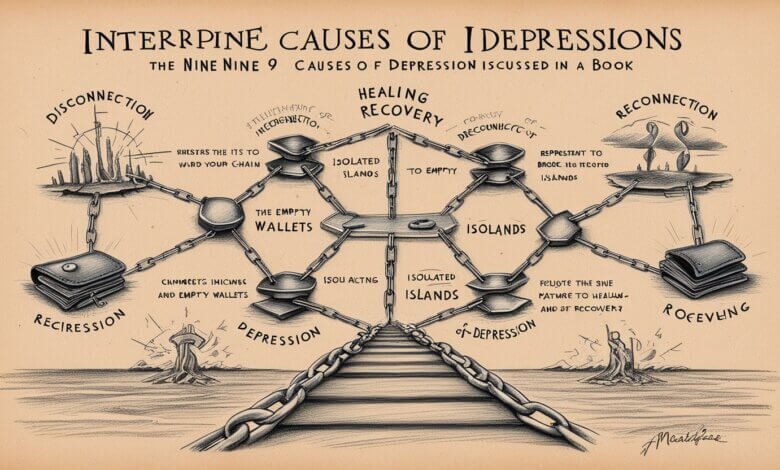
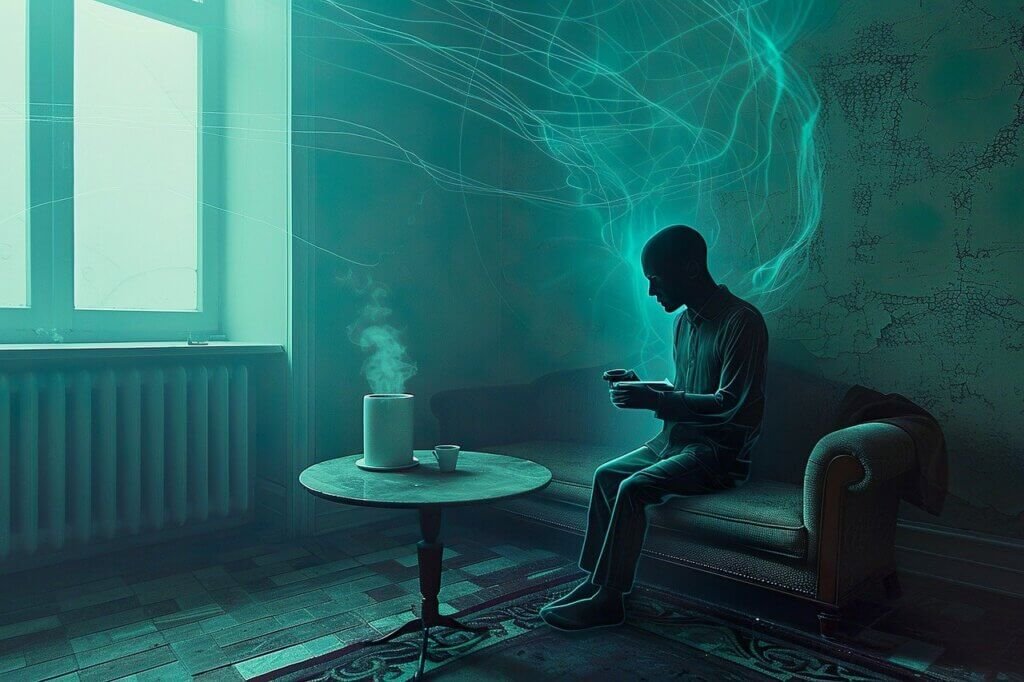
Table of Contents
Introduction
“Lost Connections: Uncovering the Real Causes of Depression – and the Unexpected Solutions” is a provoking book by Johann Hari that challenges mainstream discourses on depression and anxiety. Hari is a journalist who has suffered from a depression disorder himself, so he tours the world in search of answers to the questions “What causes depression?” and “What are the solutions?”. In this in-depth review, key insights from the book, its science, and its meaning for the practice, treating mental health will be discussed.
The Conventional Understanding of Depression
Hari begins by attacking this right-wing notion of depression as a simple chemical balance in the brain. He agrees that it is true but ‘grossly simplistic and doesn’t begin to explain the causes.’ Hari holds the view that doing so emphasizes ‘chemical answers’ to mental illnesses—that is, antidepressants—without considering wider social and environmental issues that bear massive implications for mental health.
The Nine Causes of Depression and Anxiety
Hari identifies nine key causes of depression and anxiety, all of them rooted in disconnection from important parts of our lives. These causes are:
Disconnection from Meaningful Work: Many people feel empty and disconnected from work; as a result, they feel hopeless and worthless.
Disconnection from Others: Human beings are social entities; isolation and lack of meaningful relationships can deal a big blow to mental health.
Disconnection from Meaningful Values: Emphasis on materialistic values rather than values related to meaningful goals is associated with emptiness and depression.
Disconnection from Childhood Trauma: Unhealed trauma during childhood can come out in the form of anxiety and depression during adult life.
Disconnection from Status and Respect: Feeling devalued or disrespected; lost self-esteem is a reason for mental illness.
Disconnection from the Natural World: Disconnectedness with nature/outdoor settings negatively impacts mental health.
Disconnection with a Safe Tomorrow: Economic instabilities and insecurities regarding the future are huge contributors to chronic stress and depression.
Biological Factors- Genetics and Brain Chemistry Changes: Even though it is not a cause in its very own right, hereditary predispositions and adjustments in brain chemistry can contribute towards susceptibility.
Being Disconnected from the Self: Getting out of touch with one’s self, and repression techniques to handle intolerance, trigger mental diseases.
Reconnect to Heal
Hari refers to these as disconnections, all of which he considers very critical in healing from depression and anxiety. He continued further to explore ways of reconnections, which are by:
Reconnecting with meaningful Work: FINDING WORK THAT IS FULFILLING AND MEANINGFUL
Reconnecting with Others: DEVELOPMENT OF STRONG, SUPPORTIVE RELATIONSHIPS AND COMMUNITY PROVIDES EMOTIONAL SUPPORT, REDUCES ISOLATION.
Realigning with Meaningful Values: Instead of indulging oneself in materialistic pursuit, meaningful goal pursuit contributes towards more life satisfaction and well-being.
Healing Childhood Trauma: Therapy and support groups can help in working through earlier traumas and moving on by re-establishing the functioning that was interrupted.
Realigning with Nature: The outdoors and activities related to nature seem to improve mental health and lessen stress.
Guarantees for the surety of a future: This includes social and economic policy advocacy that averts uncertainty and insecurity, considerably reducing chronic stress and anxiety.
Mind-Body Practices: Such activities include mindfulness, meditation, and yoga, which function to help one reconnect themselves at a personal level and promote mental health.
Scientific Foundation
Hari supports his arguments with deep research and interviews with famous experts in psychology, neuroscience, and social science. He refers to a huge number of studies underlining the role of social and environmental factors in mental health. It is through this scientific basis of arguments, increasing the strength for his claim, where he provokes readers to reflect on the “divided view” about depression.
Personal Stories
Throughout the book, Hari shares personal stories and individual anecdotes of people who moved beyond depression by attacking it at its roots—a torn social fabric. There are relatable and inspiring examples of reconnection that led to healing and recovery.
Critique and Limitations
As much as “Lost Connections” offers an insightful and compelling alternative perspective on depression, there are Jude criticisms. Some readers may find Hari a bit too dismissive in his approach to antidepressants because these drugs genuinely save lives for many others. Also, topics that relate to mainly social and environmental factors might not strike a chord in those who normally see their depression from a medical point of view. In this manner, validating the work, Hari adorns “Lost Connections” with deep research and an exciting way of presentation, making it one of the valuable additions that the literature of mental health has witnessed.
Conclusion
“Lost Connections” by Johann Hari is one molecularly paradigmatic book that will upset the apple cart on conventional thinking about depression and anxiety. It probes deeply into the root cause of the growing mental health crisis and breaks out with breathtakingly new solutions. Whether working in mental health settings, living with depression, or simply interested in a deeper understanding of the most complex and confounding aspects of mental life, it is required reading.


